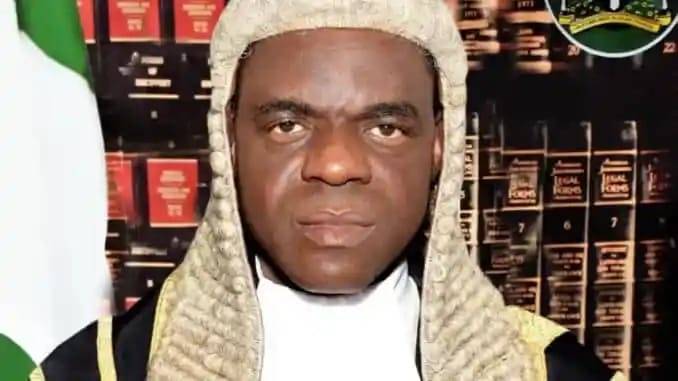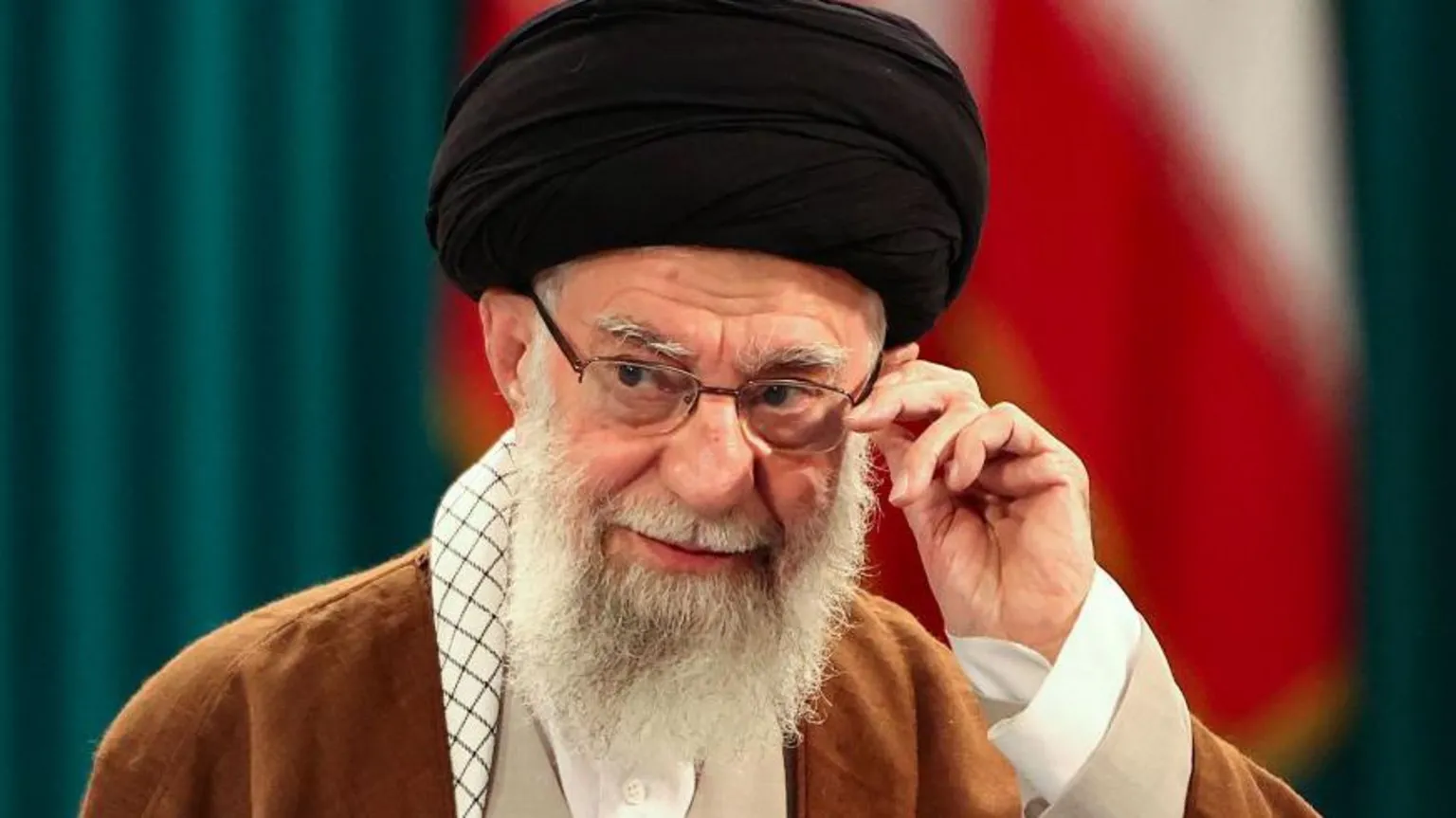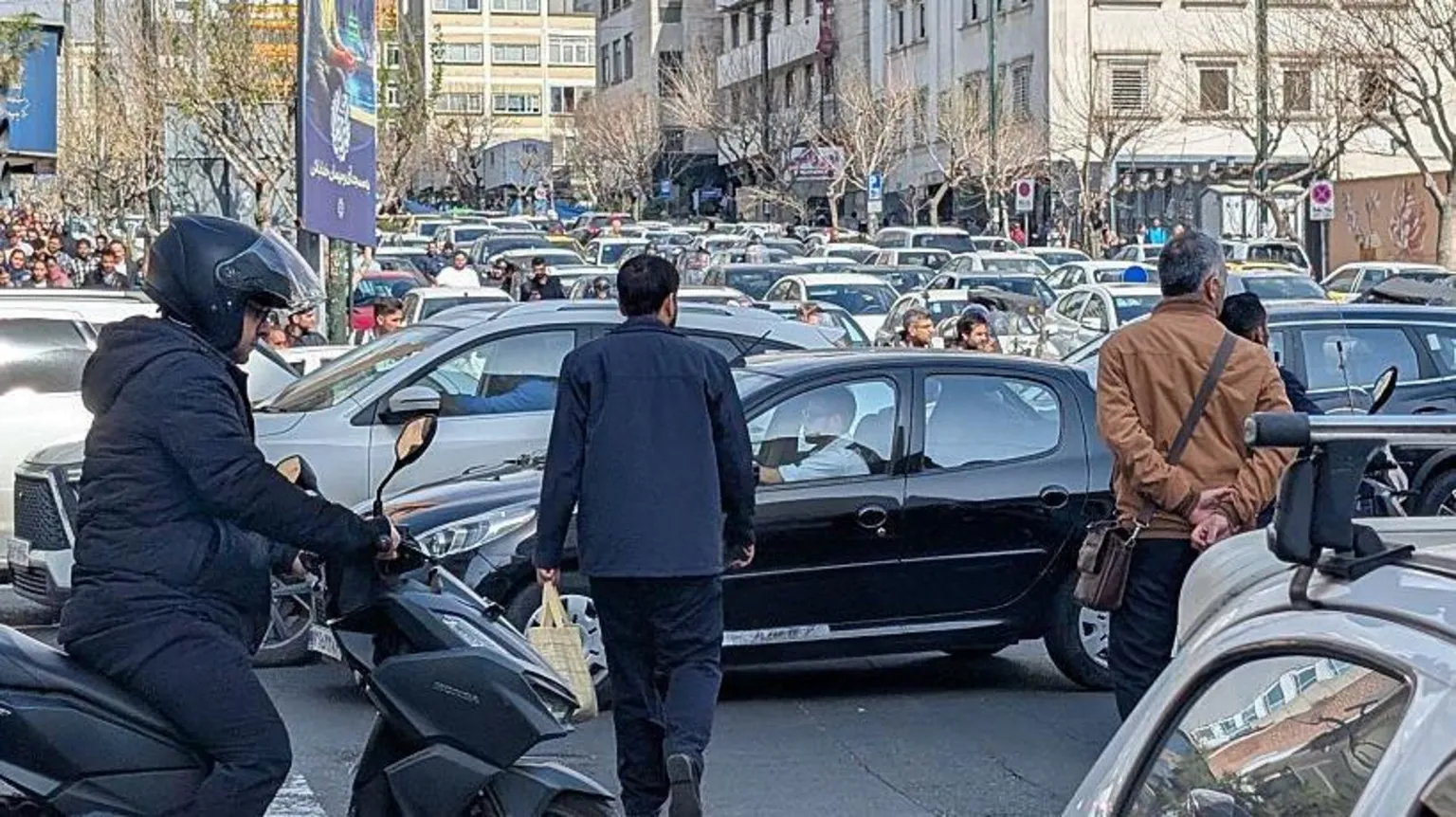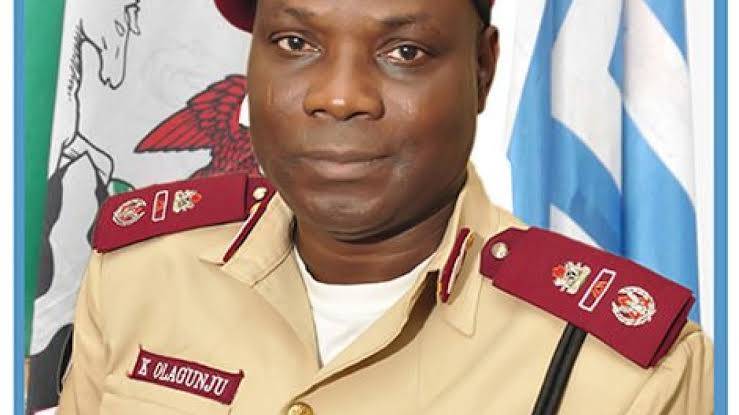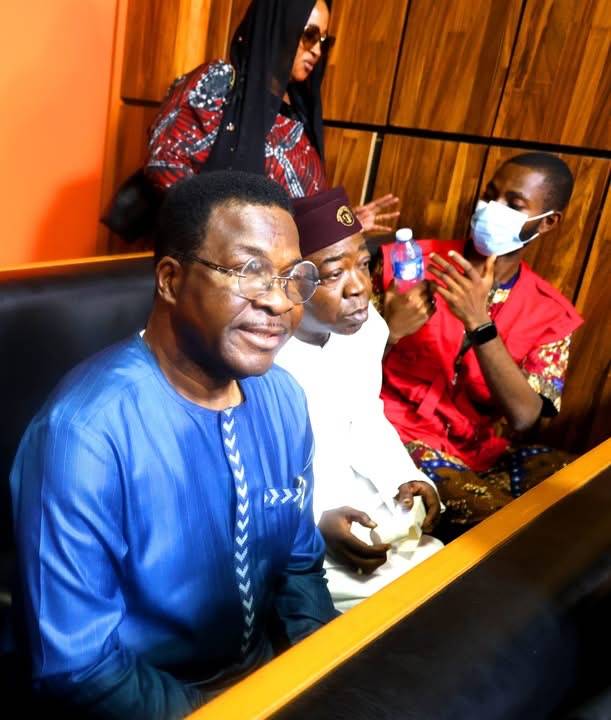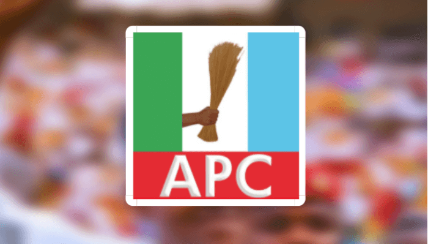By Palladium
It is a little tiring writing on the same subject week after week. But since the economic hardship buffeting Nigeria has not abated, everyone seems condemned to either discussing it or writing about it, and doing nothing else. It won’t matter how rancorous the debates are, or what dangers lurk in street corners; as long as the pains the economic measures inflict last, the lessons history teach on how not to navigate the rapids will continue to pale into insignificance. Last week, former military head of state Abdulsalami Abubakar warned that the hardship seems to be getting out of control. He is not the only one to warn of looming danger. Since the beginning of the crisis, torrents of warnings have issued from well-meaning leaders and politicians, regardless of their limited grounding in economic analysis. Some advisers indeed proceed almost entirely from emotions, swayed by the sufferings so many people, particularly the vulnerable, are going through. Gani Adams, Odua Peoples’ Congress (OPC) leader, insists hyperbolically, for instance, that everyone will be dead before President Bola Tinubu’s reforms are over.
Opinions are not evenly split on the president’s economic measures. Most people think the measures are being implemented without a human face, or in modern parlance, without sufficient palliatives. A significant number of economists, however, think that the administration is too fixated on its macroeconomic measures to substantially mind both the sufferings Nigerians are enduring and the political component of the reforms. A collation of the criticisms against the administration’s economic measures and reforms indicate that reservations have been voiced about the relevance of the policies, their volume, their timing and spacing, and lack of public engagement. The president seems convinced that the fiscal and monetary measures, including the fuel subsidy removal and currency float, not to say rising tariffs at a time of low and stagnating wages, are appropriate but need a little more time to register impact. His critics beg to differ, a difference accentuated by schools resumption and rising school fees without any succour, particularly at the lower levels of the educational system. They scoff at the integrity of the measures and deride the incoherent administration of palliatives, wondering if it would not have been better to target palliatives at school fees and massive availability of cheap basic food items.
It is left to the president to step a little away from his policies to assess the complaints of the people he governs, to see whether they still have any ingenuity left in them in coping with the crises engendered by the country’s economic crisis and the measures being applied to redress decades of economic damage and stultification. He’ll probably shudder to see how unprepared they are to cope with the hard times, and how ineffective their puny coping mechanisms are. He still has more than two years of grace to positively and heavily affect the lives and welfare of the people. And he has the next few months to reexamine his policies to see whether some tinkering could still not be done to lessen the sufferings of the people without derogating the salience and effectiveness of his macroeconomic measures. What is indisputable is that Nigeria’s economy has been heavily though not irreparably damaged. But what is also unavoidable is that drastic and painful measures need to be administered. Both the damage and the panaceas will, of course, cost the country a lot of pains and sufferings. The president’s task is to find the right balance, not to exult at the courage he has brought to the task before him, nor to go so far ahead of his people that he would lose them in the thicket, but to inspire them to own the policies, brave the punishments and consequences, and together with him arrive somewhat unnerved but fairly unscathed at the right destination.
It was crucial to explain and convince Nigerians about the hole the previous administrations had dug for the country, the pit into which their fortunes were sunk. Decades of unitary government had wreaked havoc as states and local governments abandoned the responsibility of generating revenues in preference for free money from Abuja. That fiscally irresponsible distortion was bound to unravel sooner than later. That day finally came in the closing years of the last administration. Unpopular administrations since the 1960s also instituted a panoply of placatory economic policies and benefits that created and reinforced a national sense of entitlement evidenced by cheap fuel, cheap tertiary education, and a host of freebies that encouraged huge and unsustainable birth rates. The consequence is that every Nigerian looks up to the federal government for their daily fix in foods, handouts, and remedy for every small thing that goes wrong at the local government and state levels. It is scandalous, for instance, that anyone could still argue, as Mr Adams and the Nigeria Labour Congress (NLC), that fuel subsidy should be restored, or that the federal government should feed everyone. It is urgent that Nigerians be weaned off their dependency status. The only problem is that that objective needs to be calibrated. Weaning a child off her mother’s milk, except for a precocious child, often comes with pains and tears. Nigeria, given the manner of its founding, was not precocious; and it has acted pampered and stunted since independence. Not to lose the child, however, the administration must display a sense of judgement and foresight uncommon to the times and these climes.
Incontestably, should President Tinubu fail to push through his measures, or the measures prove either incompetent or inadequate to redress the decades of damage done to the economy, whoever succeeds him will not restore fuel subsidy in any form or return the naira to the old exchange regime. It will not happen, not under the chimerical former vice president Atiku Abubakar nor under the utopian Peter Obi, should either of them linger in the fond imaginations of wearied Nigerians. It was thus unhelpful that former head of state Abubakar spoke to the failing resolve of the people in the face of hunger and hardship instead of speaking to their patriotism, strength and resilience. Taking the sufferings of the people as a peg for their interventions, virtually all top Nigerian politicians and leaders think the administration is headed in the wrong direction. Yet, beyond urging a cosmetic change of style, they have not said what they would do substantially differently. They agree broadly with the current administration’s policies but disagree with the manner of implementation.
Previous interventions by this column exposed what seems to be the Achilles heel of the Tinubu administration. Firstly, it was, for obvious reasons, unwilling to paint a vivid and convincing picture of just how deeply broken the country’s treasury was, and how two or even three years would not be enough to remedy the financial disaster the country had been plunged. Secondly, it did not also get the right rhythm for its palliatives policy. The rhythm was panicky, haphazard, and in many instances even inappropriate and riddled with loopholes. Thirdly, there was no substantial executory coherence, with some ministers and agencies going off on a tangent, brandishing executive approval. Fourthly, debates consultations, and appointments might not have been far-reaching or thorough and representative enough, especially given the politically and culturally variegated nature of Nigeria. And fifthly, the administration has sometimes wilted in the face of daring challenges to the rule of law, thereby sending wrong signals as to the resolve of the government. Imagine, then, if the untested and pliant Godwin Emefiele, former Central Bank of Nigeria (CBN) governor, had assumed the presidency.
Notwithstanding these handicaps, the Tinubu administration got it right that reforming and retooling Nigeria could no longer be postponed. It had to be done to stave off total collapse, and drastically enough in order not to prolong the pain and the punishment. No matter how gingerly it acted, given the country’s precarious fiscal health, the administration was bound to be unpopular whatever it did. Every patient, given the choice, would opt for anything but surgery. But herein lies the dilemma for the Tinubu administration: it is conducting a surgery without anaesthesia. Upon recovery, the patient may even hate the surgeon. President Tinubu has dared to be different, striking a bold and new course from the fatigued ordinariness of the past. He should now take inputs from the right quarters in order to help refine and even tone his measures, seeing especially how some of his past acquaintances dismiss him as cocky and impervious to contrary views. Should he fail to turn the country around fairly quickly, virulent critics and violent protesters could create conditions that might expose the country to a referendum or, worse, fragmentation. The pains felt in the streets are real, and the sacrifices by the wearied and vulnerable heavy, but there is no unity and common purpose forged to enable the country easily endure the grueling journey ahead.
President Tinubu has rightly and sensibly paid considerable attention to tackling the calcified economic mess he met. He now needs to spare some time to shuttle a little around the country to meet key stakeholders and powerful opinion moulders strategic to helping him rally everyone around him. He has received a few of such people at the Villa. That is good. But he should also flatter his friends and critics by visiting them. It is politics. His predecessor nearly became a recluse; he should resist the temptation to become a mystic. The job of a president is admittedly draining; but, as he has said, he asked for it. Now, let him do it with gusto and panache. If his policies are too difficult for the people to comprehend, let alone own, perhaps because they are bitter, he must find ways of coating them with some honey, and tinkering them with novel ideas. For too long, Nigeria had projected weakness and irresoluteness in the face of daunting socio-economic and political challenges, with too many Nigerians feeling entitled, birth rate going out of hand, and religious and ethnic groups sowing hatred and distrust in an increasingly irrational and volatile world. Nigeria’s survival is clearly not guaranteed. The current economic crisis must, therefore, be an opportunity to do a reset. If it is missed, there will be no other easy or controlled way to repair the damage which messianic military rulers and incompetent and visionless elected presidents had caused over the decades. It is time the president came out of his lair to mobilise the people, starting of course with a comprehensive rejig of the people around him.
Culled from The Nation



